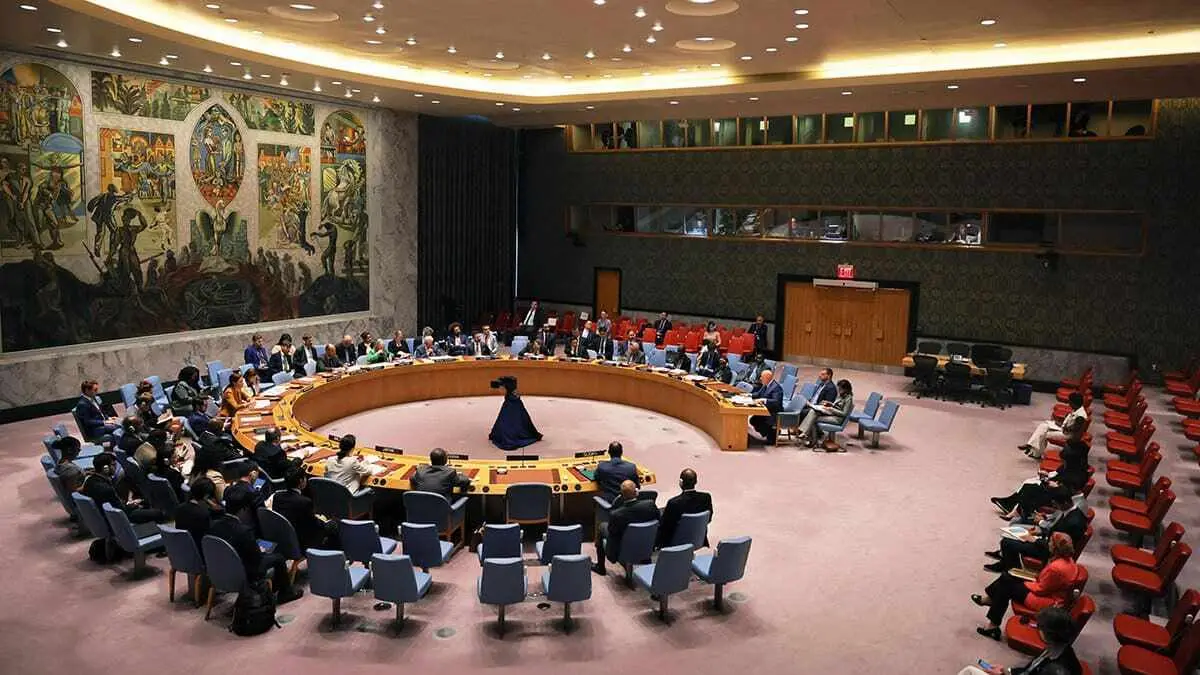The Moroccan Sahara, the Security Council resolution and geopolitical changes

On October 30 at 3:00 p.m. local time in New York, the Security Council, as scheduled in its program of meetings, will address the question of the Moroccan Sahara. The Secretary General will present a report which he will have drawn up on the basis of the report of his personal envoy and of the chief special envoy of Minurso.
The United States, “pen holder” or drafter of the draft resolution, will present this draft first to the members of the Club of Friends of the Sahara and then, for adoption, to the Security Council, as has been the practice since the 1991 settlement plan.
Over the years, the resolution only strengthens the Moroccan position. This year certainly even more so, since France, as Antonio Gutierrez pointed out in his report, has just joined the United States, as a permanent member of the UN, in officially supporting the Moroccan ownership of the Sahara. The United Kingdom, like China, adopts a position of positive neutrality. That leaves Russia, which opposes the resolution “in form”, but without activating its right of veto.
It should be recalled in the same vein that some 110 member states of the United Nations, including two permanent members of the Security Council, 19 members of the European Union and numerous countries from Africa, Asia, Latin America and the Arab world, as well as regional organizations, expressed their support for the Moroccan proposal.
The geopolitical, and to some extent economic and security changes that the entire region has undergone in recent years, argue more than ever for a resolution even more favorable to Morocco than the entire region has undergone in recent years, argue more than ever for a resolution even more favorable to Morocco.
Mohammed Benabdelkader
@MohammedBenab11

